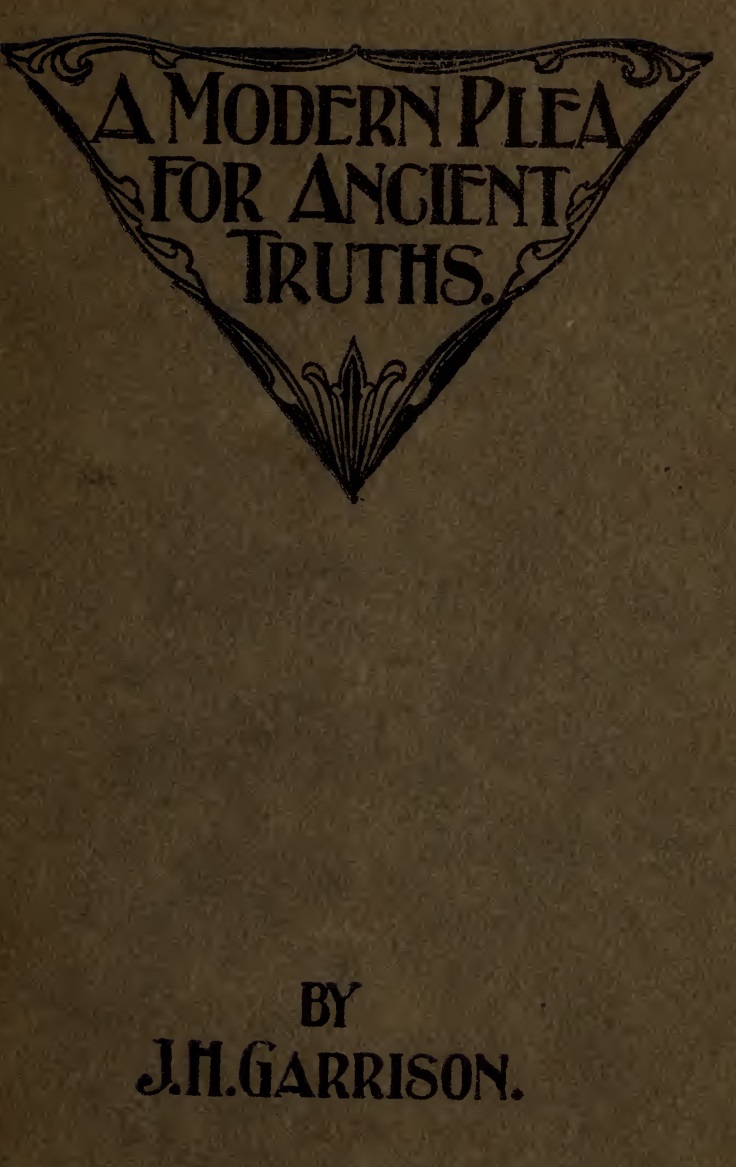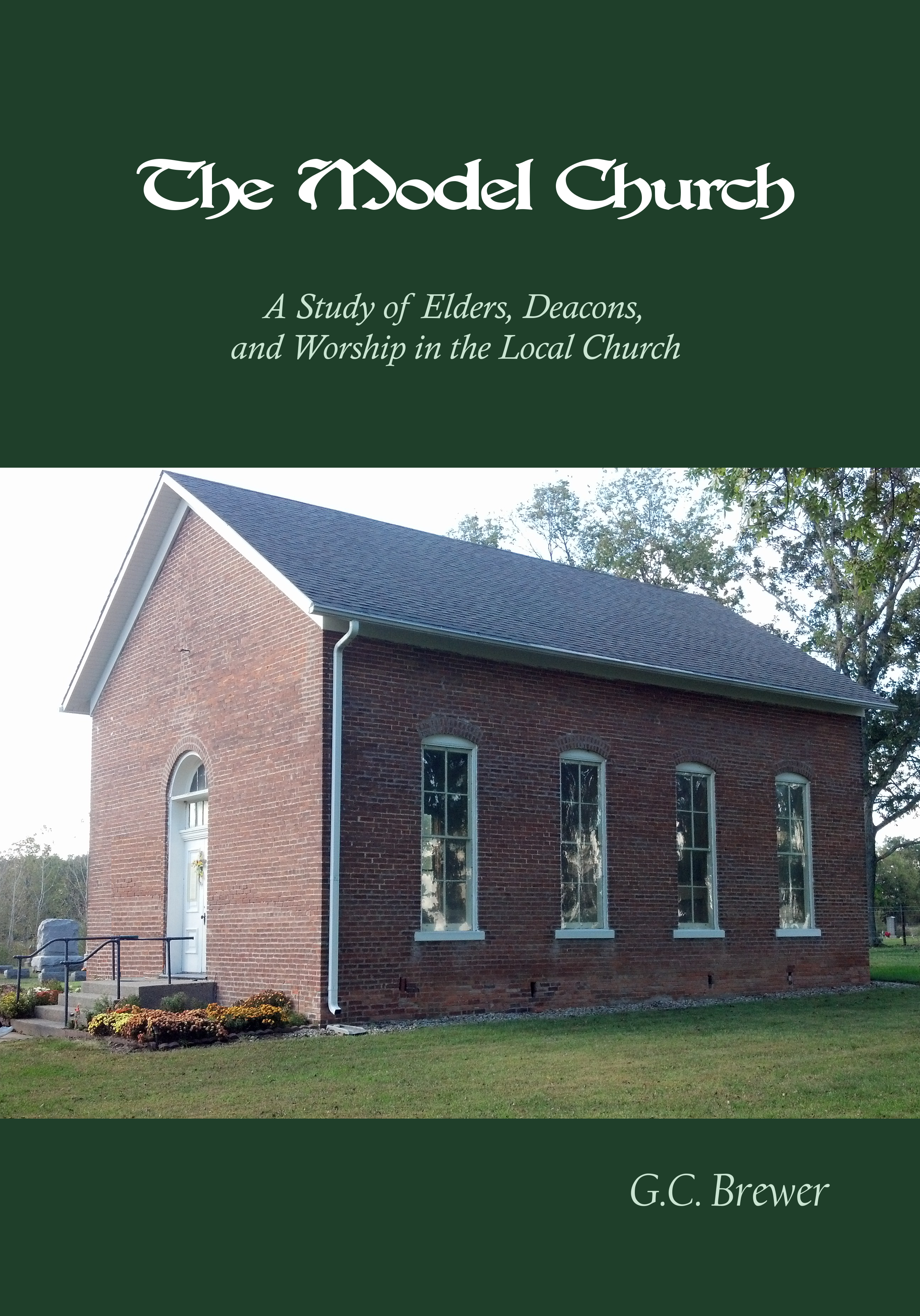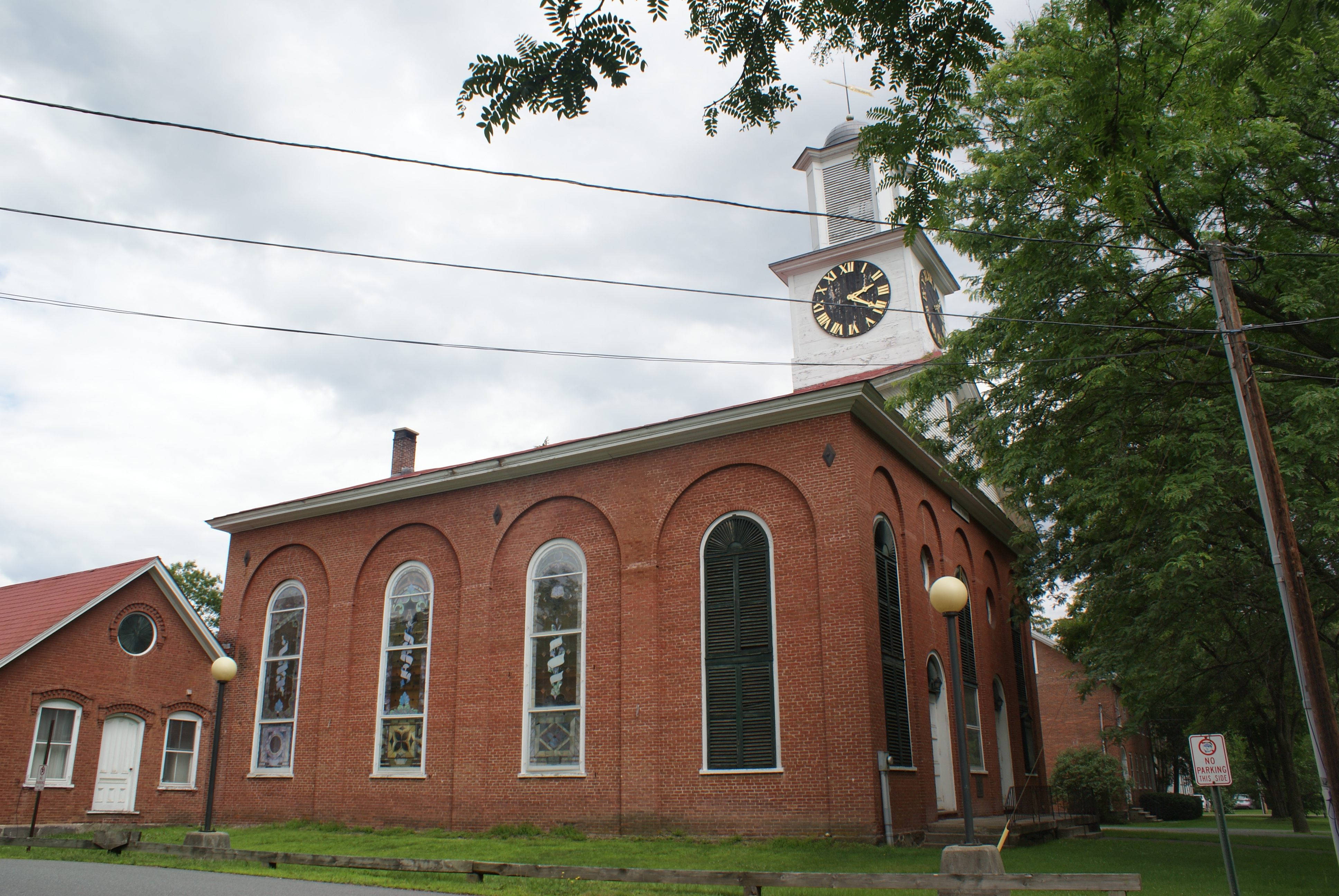D.R. Dungan is best known for his enduring book, “Hermeneutics,” which is still a standard textbook in the study of biblical interpretation, even though it was written over a hundred years ago. But that’s not the only book that he wrote.
Several months ago, we shared another book by brother Dungan called “The Sabbath or the Lord’s Day: Which?” And today, continuing the theme of books defending the authenticity of the Bible, we present to you another. This one is called “Ingersoll’s Mistakes about Moses.”
If you read yesterday’s post [you did, didn’t you?], you’ll remember that there was a man in the late 1800s who went around the country giving a speech called “Some Mistakes of Moses.”
The report of this speech in the Chicago Tribune of March 24th, has laughter eighty-one times; frequently it is preceded by such words as “continued,” “renewed,” “great,” “prolonged,” “uproarious.” Applause also occurs twelve times.
Like many of today’s comedy personalities, Ingersoll got his kicks by making fun of Christians and Bible-believing people. Things have not changed all that much, have they? His tactics were described as:
Mr. Ingersoll is a most extraordinary man. His wit is sparkling and original; his invective is withering, and the undercurrent of blasphemy hisses through almost every paragraph; his humor protrudes, and if ever put on the background comes to the front again on the slightest provocation. He is reckless in his statements; he is irreverent —not to say impudent—in his treatment of believers.
D.R. Dungan, a writer, professor, preacher, and scholar, possessed a quick wit himself, and was a master in the use of sarcasm and humor. He had quite the knack for “turning phrases.” For example, here is a quote from today’s book, describing the atheist Robert Ingersoll:
His logic is suffering from paralysis and gives no signs of recovery. To make half-statements of facts and create false issues respecting them, he is the peer of any man, living or dead. He is not a slave to truth, but a free man. When he wishes to take a position, he takes it, and if the facts are adverse, it is all the worse for them. It would be unreasonable to ask such a man to descend to the dull routine of logic. If he were compelled to establish his premises by the induction of facts and reach his conclusion in a legitimate way, the opportunities for the display of genius would be gone, and he would become as tame and dull and stupid and platitudinarian as clergymen whom he represents as occupying the caverns of darkness, and, like the owls, “hooting the hoots that have been hooted for the last 1800 years.”
We think that you will enjoy and be benefited by today’s addition to the Jimmie Beller Memorial eLibrary: “Ingersoll’s Mistakes About Moses” by D.R. Dungan. Simply click the link below and read it online or save for later reading on your favorite device!
Dungan, DR – Ingersolls Mistakes About Moses



